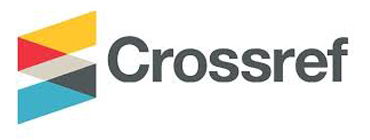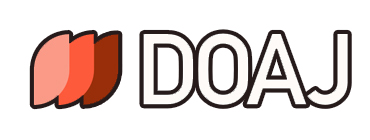CONTRIBUTION OF LINGUISTICS IN ISLAMIC TEACHING
Abstract
The utilization of assumptions will flow two linguistic groups in language teaching based on psycholinguistic studies. Psycholinguistics is a field of study as a combination of (interdisciplinary) between psychology and linguistics. One relevant issue that we can lift from psycholinguistics in relation to the use of assumptions structural linguistics and generative transformation is the issue of language acquisition (language acquisition).
There are two theories about language acquisition: code-cognitive learning theory (the cognitive-code learning theory), which is generated by the TG, and the theory of the formation of habits (habit-formation theory) of structural linguistics.
In utilizing the assumptions and models of language acquisition over the teacher must make several considerations:
If the language acquisition is a formation of habits (habit formation), language teachers should develop a concrete program. If it is selected, then some of the activities need to be done include:
a. ask the students to imitate the models presented teachers
b. given patterns of exercise (drill pattern), to declare customs behave (habit of
behavior)
c. give students reinforcement (reinforcement) for the response (answer) is right and
reduce (eliminate, Eliminate) response is wrong, and
d. let students learn inductively, interpreting the rules that have been learned.
Conversely, if the acquisition of language is to learn about the code (a matter of cognitive learning code), language teachers must ensure that students are able to internalize (internalized) rules that allow the student to produce sentences. Explanation about sentence structure and knowledge of the rules should be placed in a large scale rule in language teaching
Full Text:
PDFDOI: http://dx.doi.org/10.30829/tar.v22i2.32
Refbacks
- There are currently no refbacks.

Jurnal Tarbiyah by UIN Sumatera Utara Medan is licensed under a Creative Commons Attribution-NonCommercial-ShareAlike 4.0 International License.
Based on a work at http://jurnaltarbiyah.uinsu.ac.id/index.php/tarbiyah.
Permissions beyond the scope of this license may be available at http://jurnaltarbiyah.uinsu.ac.id/index.php/tarbiyah/about/submissions#copyrightNotice.
















